First Year PCT Programme (for Teachers who Teach 0-3 Year Students)
Course Programme
All sessions (excluding Zoom Meetings) will run between 9.30am and 2.30pm.
The structure of each session will follow this daily format:
9.30am – 10.15am Mentoring Time – burning issues, reflection, inquiry, next steps, goal setting, networking, collegial collaboration
10.15am – 10.30am Morning Tea
10.30am – 12.30pm Content Facilitation
12.30pm – 1.00pm Lunch
1.00pm – 2.30pm Content Facilitation, reflection.
Session 1: Getting Started!
Wednesday 11 February 2026, 9.30am – 2.30pm
Teacher Hauora/Wellbeing;
Information about the Induction and Mentoring Programme and working towards full certification in alignment with the current Teaching Council criteria and your own school’s procedures;
Creating safe and effective classroom/learning environments and management/organisation;
Student engagement and developing connected, positive relationships – some ‘starter off’ behaviour management strategies;
Promoting/embedding a growth mindset, wellbeing and mindfulness approach;
Student emotional regulation;
Teachers to participate in circle time training and drama activities to develop empathy, cohesiveness, cooperation and collaboration with their own students.
Presented by Jo Williams
Session 2: Guidance and Practical Ideas around your Reading/Literacy Programme
Wednesday 04 March 2026, 9.30am – 2.30pm
Current information around the literacy curriculum;
Discussions around the science of reading/structured literacy;
Exploring teaching approaches in schools;
Being explicit and systematic in the teaching of reading;
Integrating literacy across the curriculum;
Strategies, skills and reading tips;
Resources and useful websites.
Presented by Jill Bibby
Session 3: Developing Positive and Meaningful Relationships: A Continual Work in Progress
Wednesday 25 March 2026, 10.30am – 12.30pm, Zoom Meeting
This session is a debrief, reflection and review of your previous two sessions. We recognise that in Term 1 the Getting Started session and the Reading session for first year beginning teachers is a lot of information to take on board.
This zoom meeting allows teachers to discuss their practice so far and provides an opportunity to ask questions, gain clarification, add and enhance ideas already shared.
We will return to some behaviour management strategies and reflect on how developing positive, meaningful student relationships is a continual progression.
Presented by Jo Williams
Session 4: Developing a Structured, Balanced, Highly Effective and Engaging Mathematics Programme
Wednesday 13 May 2026, 9.30am – 2.30pm
Unpack the learning progressions within the Refreshed New Zealand Curriculum;
Focus on developing a balanced programme that incorporates and compliments explicit teaching with a real life, authentic problem-solving approach in mathematics;
Explore how to develop ākonga’ collaborative skills, mathematical stamina and resilience when working as mathematicians;
Focus on developing ākonga’ mathematical communication skills.
Presented by Lucie Cheeseman
Session 5: Setting the Foundations for Establishing an Integrated and Balanced Writing Programme for Junior Writers
Wednesday 10 June 2026, 9.30am – 2.30pm
Current information around the literacy curriculum;
Unpack the developmental/writing skills that ākonga need to develop in order to write independently and take more risks;
Exploring teaching approaches in schools;
Being explicit and systematic in the daily teaching of writing and the importance of modelling;
The importance of oral language in the writing process;
Writing routines, organisation and management;
Writing for a purpose;
Using play, sensory opportunities, science, maths and day to day experiences as a platform for writing.
Presented by Jo Williams
Session 6: Integrating More Te Reo and Aotearoa New Zealand’s Histories (ANZH) in the Mainstream Classroom
Wednesday 5 August 2026, 9.30am – 2.30pm
Developing teacher confidence and knowledge around Māori language and pronunciation;
Knowing the expectation that Māori histories are part of the local curriculum/marau ā-kura in every school and kura; giving new teachers an opportunity to explore the Aotearoa New Zealand’s Histories (ANZH) content using the Understand, Know, Do elements and the progressions model;
Understand that content is integrated into the refreshed te ao tangata/ social sciences learning area in Te Mātaiaho/the refreshed New Zealand curriculum and how this translates in the classroom and wider school;
Introducing te reo Māori activities, waiata, resources and the best websites.
Presented by Raewyn Flynn
Session 7: Delving into Science (STEM): Student Engagement Through Science and an Integrated Curriculum
Wednesday 2 September 2026, 9.30am – 2.30pm
This session will demonstrate fun, hands-on exploration and investigation activities that teachers can implement in their own learning settings. By looking through a science lens, we are able to harness ākonga’ innate curiosity leading to their engagement.
We will explore how we can foster ākonga’ sense of wonder and develop early inquiry, questioning and thinking skills. We also know that science is an ideal platform for oral language and writing experiences. There will be opportunities in the day to explore ideas for STEM through websites, resources and further readings and to make links with other curriculum areas.
Presented by Graham Cox
Session 8: Music Tips and Tools
Wednesday 28 October 2026, 9.30am – 2.30pm
A fun, engaging and practical session focusing on how best to get music up and running with your junior students, providing them with a range of musical experiences.
We will look at music elements and the music curriculum, whilst linking to other curriculum areas.
Useful websites and resources will be explored.
Presented by: Robyn McQueen
Session 9: Dyslexia – A Guide to Recognising and Understanding the Dyslexic Students in Your Class / Programme Conclusion
Wednesday 18 November 2026, 10.30am – 12.30pm, Final ‘Zoom’ Meeting
What have you observed this year about your students and their various learning styles?
What have you noticed about your students’ thinking and questioning tendencies?
What have you noticed about the processing abilities of individual students?
Have you recognised that there have been dyslexic students in your learning environment this year? You may have sought advice from colleagues/RTLB members to help you put certain strategies into place. Or you may have taken it upon yourself to follow your own line of research.
This zoom workshop endeavours to clarify some of the questions you may have around dyslexia. It will be a practical, straight-talking and illuminating session providing a succinct and holistic insight into the dyslexic student, and give teachers some common indicators of what to look out for and how best to meet the learning and emotional needs of dyslexic students.
Teachers who have recognised and understood dyslexic students in their class are able to pass on valuable information to the student’s next teacher so that their learning and emotional needs continue to be met rather than the possibility of them ‘flying under the radar’ or giving up on school altogether.
Presented by Jo Williams


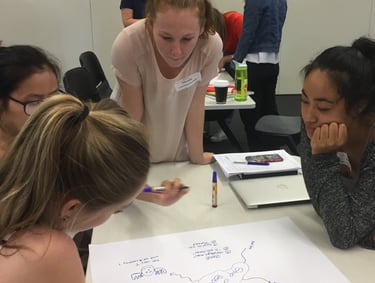

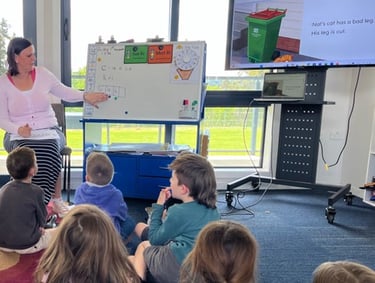

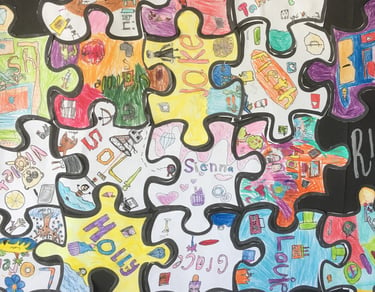

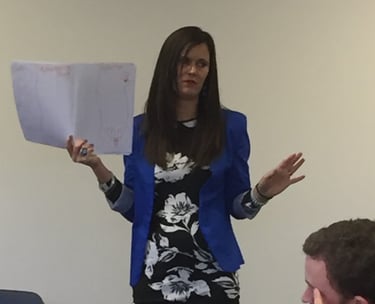

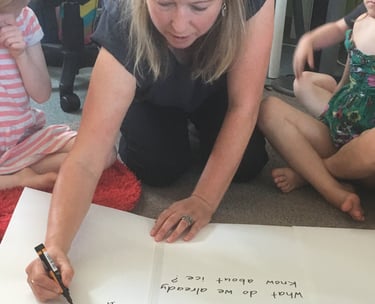

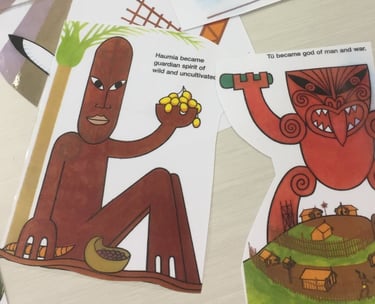

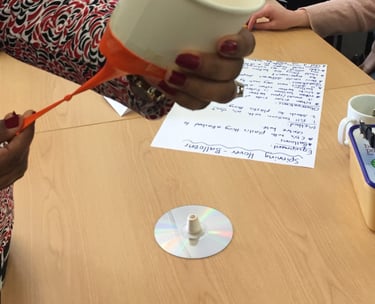

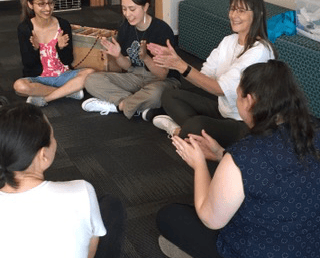

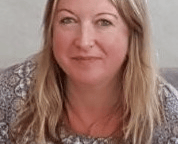

Contact & Enrol
If you are interested in a programme, are wanting to enrol, or have more questions please call Alison Miller 027 544 2924 or Jo Williams 021 178 1672, or use this form to contact us.
© 2025. All rights reserved.